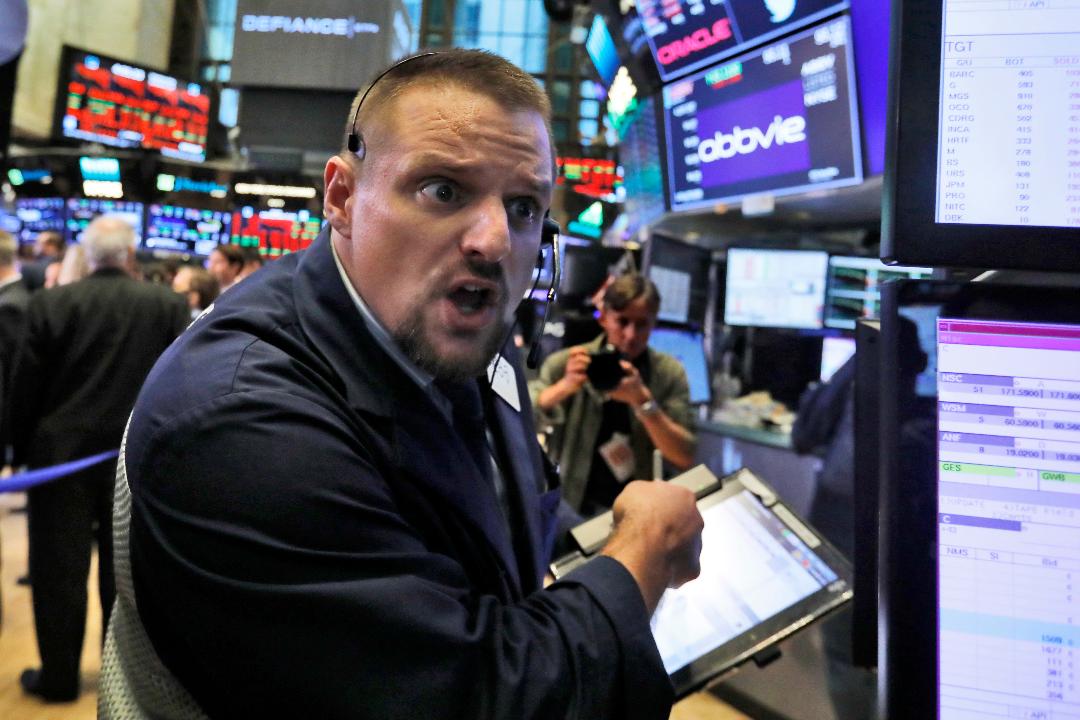As US brawls with China, yield curve’s recession warning continues
The risks of a recession grew on Tuesday, according to a bond-market indicator that traditionally precedes downturns, as the White House refuses to back down in a trade dispute with China that is roiling international commerce.
A so-called inversion in the yield curve between two-year and 10-year Treasury notes steepened, signaling that bond-buyers are even more dubious about the economy’s immediate prospects relative to its long-term strength than they were earlier this year -- or even this week.
Typically, bond buyers demand greater concessions for long-term notes since economic conditions in the distant future are harder to predict and the risk of losing money is greater. Depicted graphically, that trend would show a curved line representing bond yields that climbs with the passage of time.
When the line flattens -- or worse, inverts -- the risks of a downturn are increasing.
“The fact that the curve is inverted sends a very strong signal to policymakers, at the Federal Reserve and the White House and Congress, that risks are elevated and whatever you’re doing now, you might want to change,” said Ralph Axel, a rates strategist with Bank of America.
While corporate executives, economists and even some GOP lawmakers have warned that a trade war between the world’s two largest economies poses a heightened risk when growth in Europe is already slowing and a record period of time has passed since the last U.S. recession, President Trump has stood by his strategy.
Manufacturers, retailers and small businesses alike have chafed, as his 25 percent tariffs on $250 billion of Chinese goods and 10 percent tariffs on most of the country’s remaining imports drove up supply prices, forcing them to make thorny choices between raising prices higher than consumers would pay and laying off workers.
Trump says the duties -- which he has threatened to increase further -- are necessary, and his continued support for them after meeting with world leaders at the G-7 summit in Biarritz, France, disappointed businesses despite hints that talks were growing more amicable.
“China has taken a very hard hit over the last number of months,” Trump said in a joint news conference with French President Emmanuel Macron on Monday. “They very much want to make a deal, and the longer they wait, the harder it is to put back.”
CLICK HERE TO READ MORE ON FOX BUSINESS
Despite bond-buyers’ worries, nothing “is locked in yet,” Axel said. While a U.S. recession has never begun without an inverted yield curve, the pattern has occurred in the past without leading to a downturn.
“There have been many false signals,” he noted.

